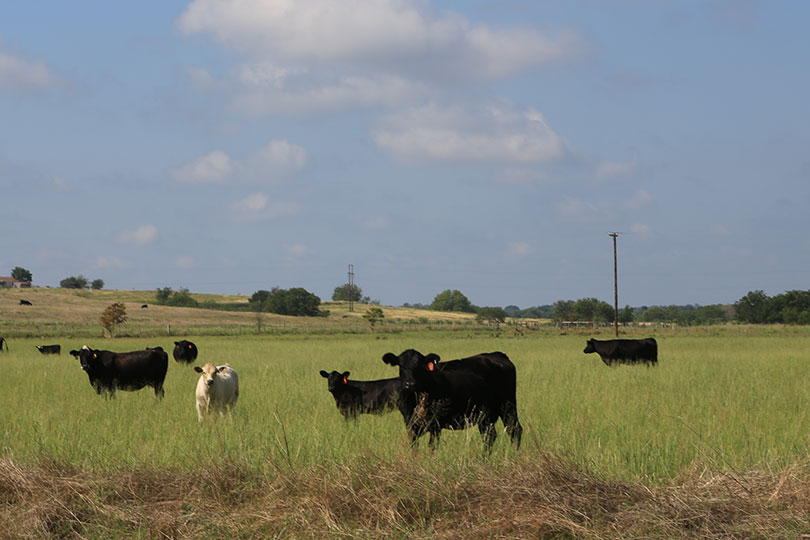By Julie Tomascik
Editor
A group of U.S. senators released the framework of the new Cattle Price Discovery and Transparency Act this week. The new legislation combines previously proposed bills on the topic.
A joint release from Sens. Deb Fischer (R-Nebraska), Chuck Grassley (R-Iowa), Jon Tester (D-Montana) and Ron Wyden (D-Oregon) said they plan to introduce the bill in the coming days and outlined the four main actions the bill would include.
The legislation states no regional minimum level can be more than three times that of the lowest regional minimum, and no regional minimum can be lower than the 18-month average trade at the time the bill is enacted. USDA, however, would be able to periodically modify regional minimums after public notice and comment.
In the Cattle Price Discovery and Transparency Act, USDA would also create and maintain a publicly available library of marketing contracts between packers and producers in a manner that ensures confidentiality.
The legislation would require more timely reporting of cattle carcass weights, as well as requiring a packer to report the number of cattle scheduled to be delivered for slaughter each day for the next 14 days.
USDA would be prohibited from using confidentiality as a justification for not reporting and must report all Livestock Mandatory Reporting information.
“Robust price discovery ensures that all members of the beef supply chain—cow-calf producers, feeders, packers and consumers—can be successful. The foundation of price discovery in the cattle market is negotiated cash sales. One or two regions of the country should not have to shoulder the burden of price discovery and that’s exactly what has been happening,” Fischer said in a statement. “Furthermore, even regions that primarily use alternative marketing arrangements (AMAs), such as formula contracts, predominantly rely on negotiated cash sales to set their base prices. Our compromise proposal takes regional differences into account and ensures fairness for every segment of the supply chain.”
The bill is supported by many agricultural groups, including the American Farm Bureau Federation.
“This bill fits squarely within American Farm Bureau policy. We support the bill, and we hope that parts of this bill are incorporated into Livestock Mandatory Reporting reauthorization. However, it is of utmost importance for Farm Bureau that Livestock Mandatory Reporting does not lapse,” Scott Bennett, AFBF Congressional Relations director, said.
Livestock Mandatory Reporting will expire Dec. 3 unless reauthorized by lawmakers.
“Senator Fischer and Senator Grassley will be working closely with the Senate and House Agriculture Committee to get portions, if not all of this bill, into Livestock Mandatory Reporting reauthorization,” Bennett said. “If that is reauthorized, we will see an effort, then, to incorporate parts of this bill into the next authorization of Livestock Mandatory Reporting.”
Similar efforts introduced by Fischer and Wyden, Grassley and Tester and Reps. Vicky Hartzler and Emanuel Cleaver each contained components of the current piece of legislation.
Click here for a one-page summary on the regional mandatory minimum provision and here for a section-by-section overview.

